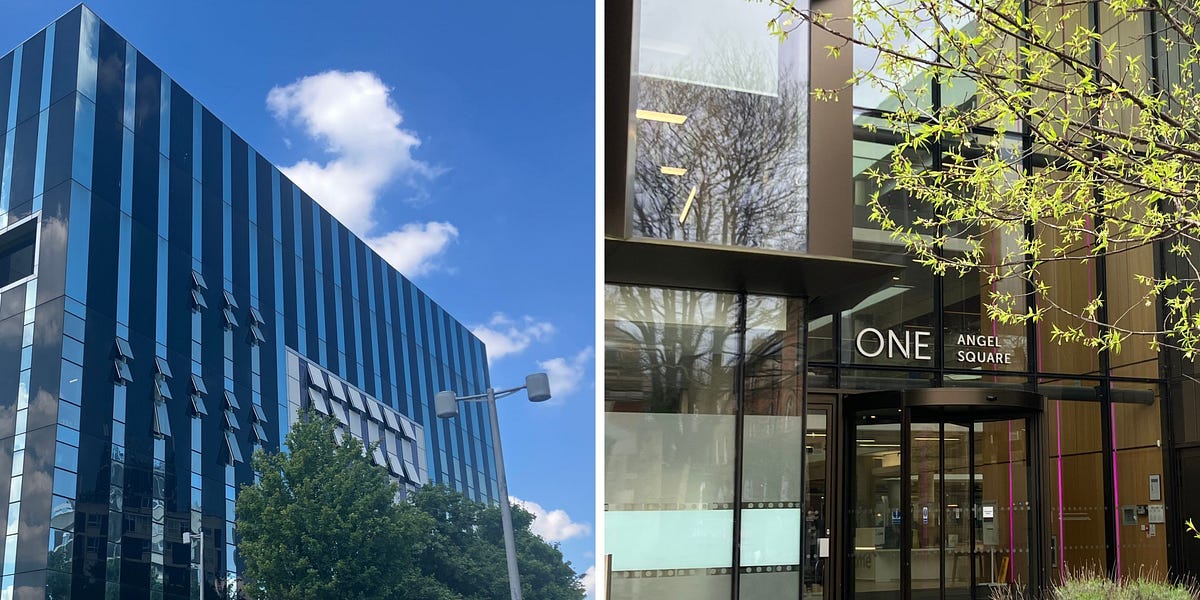On Freedom by Timothy Snyder

It is laziness on my part that draws me to write a book review for Professor Snyder’s latest book rather than do the necessary research to demonstrate how it relates to specific cases in Northamptonshire’s local politics; there are several themes drawn out within the book that could make articles in themselves.
The book explores modern conceptions of freedom and how they have formed, particularly focussing on the rise of populism and the growth of social media over the last decade and a half. Then, with reference to philosophers such as Simone Weil, statesmen like Vaclav Havel and historic events such as the civil rights movement in mid 20th century America, it aims to present a new (or revive an old) concept of freedom, embedded in collective human endeavour.
It all seemed so far flung from the English south midlands that I struggled at first. However, a brief passage in the book bore a connection. Snyder relays his experience of train travel in both the USA and in Eastern Europe, and, even with the historic challenges Eastern Europe has faced, Snyder still plumps for the European train experience as being superior. How could it be that the richest country in the world (and one that embraced train travel so openly in the 19th and early 20th centuries) is second best in Snyder’s mind?
The answer is set out in his distinction between two kinds of freedom, negative and positive. The former seeks only to remove barriers - you shouldn’t be blocked by road speed limits or traffic filters, be taxed on polluting forms of transport such as air travel, or pay taxes for the upkeep of public infrastructure. The USA is a bastion of free market purism, a mindset that allowed it to become the wealthiest country on earth during the 1980s. There were casualties, however - the railway network being but one. Why, after all, would America bother to upgrade a rail network when cars and air travel are so cheap and convenient? Are we experiencing our own version of the answer to that question in the UK at present, one wonders? And then there are other ways in which neglect of the public sphere could spell disaster, look only to Los Angeles right now and how the network of public fire hydrants is being called into question:

Leave it to climate change to expose the flaws in our political and economic models.
We see it locally; it is a rather unedifying form of poetic justice that lack of investment in our public roads and in alternative transport options is the reason we can’t take full advantage of the freedoms private vehicles can offer. What is the solution?
Snyder’s second form of freedom speaks of positive action in the world and in markets, of forging a future rather than expecting one to simply materialise. I’m afraid that despite the cries from free market fundamentalists, the solution is taxation and local government reform. I responded to Danielle Stone’s Police survey recently and one of the questions caught my interest, I paraphrase: “Would you be willing to pay more [than the specified amount] to fund…”. It is a question that should be asked more frequently. You know, I think I would pay more to get the roads fixed up, to assist with flood prevention, to improve our public transport options.
What then of local government reform? There is, I believe, an opportunity coming up for growth in Northamptonshire and it comes in the form of a devolution deal with our neighbours to the south.

However, from this article it seems there is already some reticence from local councillors and from our neighbours. We must see this as a growth opportunity, where the wealth existent in the commuter belt could be joined up to improve the lives of everybody whether they live in a village or a town. It also presents an opportunity to wrestle some power from central government and to make decisions based on what we think the future is for our county. Northamptonshire councillors, on both sides of the political divide, need to show that we are a serious county concerned for the growth of our communities and willing to park petty political differences in this interest.


